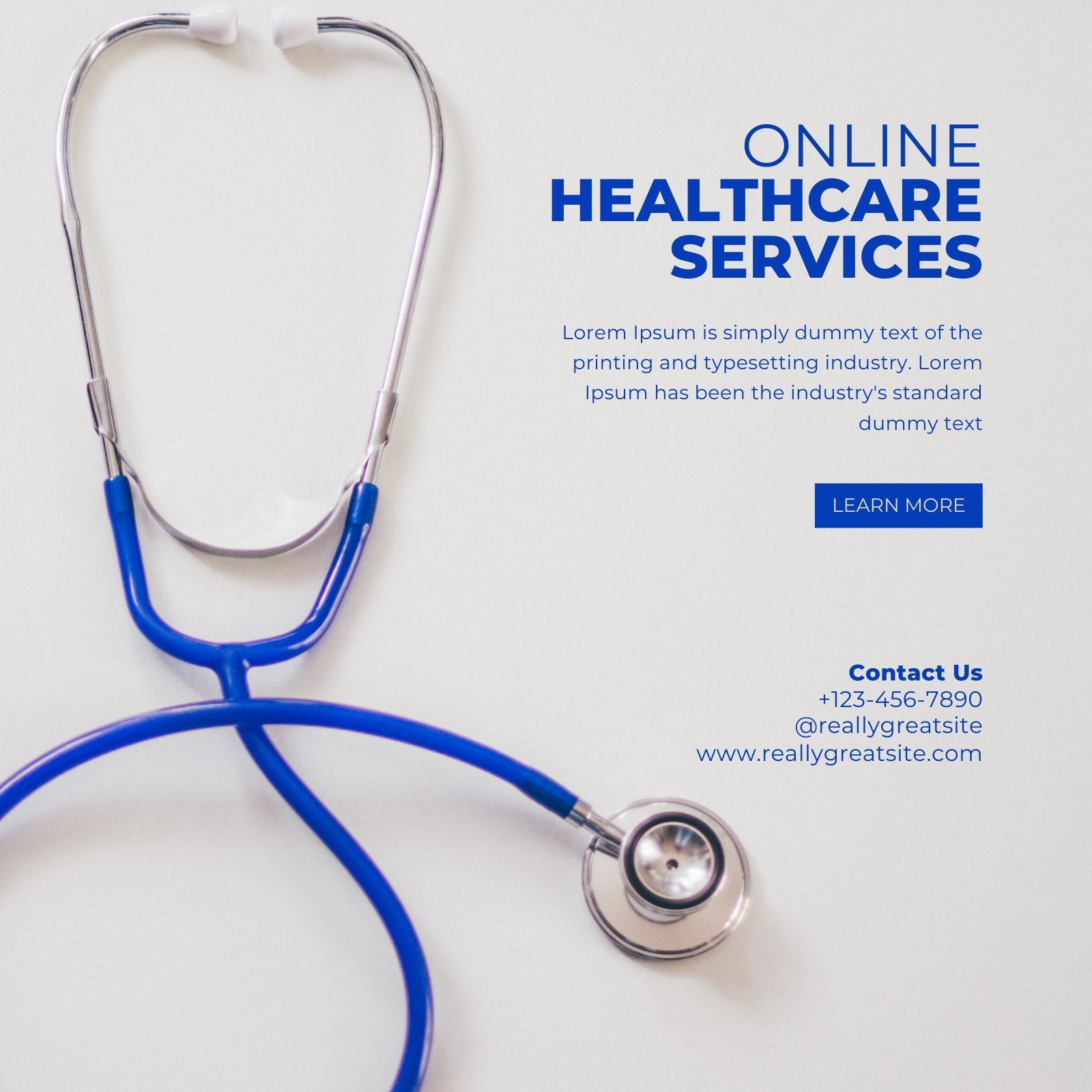Subscription Based Healthcare: Transforming the Way We Think About Health
Wiki Article
The Increase of Subscription-Based Medical Care and Its Impact on Individual Treatment
As healthcare evolves, the subscription-based version is getting traction, assuring to reinvent client care by using predictability and access. The capacity for these versions to improve healthcare distribution raises pushing concerns about their lasting sustainability and inclusivity. Are these subscription solutions the future of health care, or do they risk leaving prone populations behind?Recognizing Membership Medical Care Designs
Grasping the idea of registration healthcare versions includes analyzing a transformative strategy to medical solutions that emphasizes cost and ease of access. These designs, usually referred to as straight health care (DPC) or attendant medication, have become cutting-edge choices to typical fee-for-service healthcare systems. Membership medical care allows clients to pay a set month-to-month or yearly fee for a specified collection of clinical solutions, which may include unrestricted workplace gos to, routine examinations, and standard laboratory examinations, without the need for conventional insurance policy billing.The structure of subscription health care designs is made to streamline client care by getting rid of third-party payers and complicated invoicing codes, therefore minimizing administrative problems. Healthcare suppliers can focus more on client care, fostering stronger patient-provider relationships. This model also promotes preventative treatment by urging regular sees, as the economic barrier of per-visit costs is eliminated.
The membership design commonly equips health care suppliers to handle smaller patient panels, permitting even more tailored care. It aligns economic motivations with client health end results, as carriers are inspired to maintain person contentment and wellness. In general, understanding registration health care designs requires identifying their prospective to improve exactly how care is provided and accessed.
Advantages for Carriers and individuals

With a constant income stream, healthcare experts can dedicate more time to each person, leading to a much more complete and personalized care experience. The focus on preventative treatment within membership plans can lead to much better patient results and reduced long-lasting medical care costs.
Difficulties and Worries
While subscription-based medical care versions existing many benefits, they likewise come with a set of challenges and concerns that must be resolved. This elevates honest concerns regarding equitable accessibility to health care services.Financial sustainability of subscription-based models is another problem. Service providers must stabilize the set earnings from subscriptions with the variable prices of medical care solutions, which may rise and fall as a result of unanticipated medical demands. This can produce pressure to restrict services or rise costs, possibly influencing individual fulfillment and care high quality.
Furthermore, regulatory oversight of subscription-based medical care designs is still developing. The lack of standardized structures can cause inconsistent solution quality and accountability, making complex efforts to make certain individual protection. The combination of modern technology-- typically a keystone of these models-- elevates inquiries about information personal privacy and safety and security, as sensitive person information might be prone to violations. Dealing with these difficulties is essential for the effective and equitable application of subscription-based medical care.
Influence On Patient-Doctor Relationships
One considerable influence of subscription-based medical care versions on patient-doctor partnerships is the potential for boosted continuity and personalized care. By adopting a subscription model, doctors can handle a smaller client panel, permitting more devoted time with each individual. This enhanced availability fosters a deeper understanding of a person's clinical background, way of life, and preferences, enabling more customized therapy strategies and interventions.
Nevertheless, it is very important to identify that while subscription-based designs may profit those who can manage them, they might inadvertently expand health care variations. Patients that are unable to join these designs could experience decreased accessibility to customized treatment, potentially influencing their connections with doctor. Thus, while the registration version supplies encouraging benefits for patient-doctor relationships, it likewise presents obstacles that need to be resolved to ensure fair medical care gain access to.
Future of Medical Care Access

The function of technology can not be neglected in this improvement. Telemedicine systems and digital health and wellness records assist in seamless communication between clients and health care suppliers, damaging down logistical and geographical obstacles. Furthermore, developments in man-made intelligence and data analytics can further personalize clinical treatment by anticipating client needs and optimizing therapy strategies.
Nevertheless, the future of health care access also offers difficulties, such as making sure equity across different socio-economic teams. Policymakers and health care companies should collaborate to link the digital divide, guaranteeing that subscription-based designs continue to be budget-friendly and comprehensive. As these systems develop, Bonuses they hold the guarantee of making healthcare extra easily accessible, efficient, and patient-centric.
Final Thought
Subscription-based healthcare designs are reshaping person treatment by giving a secure price structure and improving accessibility. These designs reinforce patient-provider relationships with individualized care and routine brows through, emphasizing preventative health and wellness. Regardless of these benefits, challenges such as availability concerns for low-income populations and the requirement for fair medical care remedies persist. The increase of subscription-based health care urges aggressive patient interaction, which has the prospective to enhance person outcomes and complete satisfaction, indicating a transformative change in medical care distribution.As health care develops, the subscription-based design is acquiring look these up traction, assuring to change person treatment by providing predictability and availability.Subscription-based health care models offer distinctive benefits for both individuals and providers, boosting the general health care experience.As healthcare systems evolve, the future of medical care gain access to frequently pivots on the combination of innovative versions and innovations.Subscription-based healthcare versions are reshaping patient treatment by providing a secure expense framework and improving ease of access. The surge of subscription-based health care encourages positive patient interaction, which has the potential to boost patient end results and satisfaction, indicating a transformative change in medical care delivery.
Report this wiki page